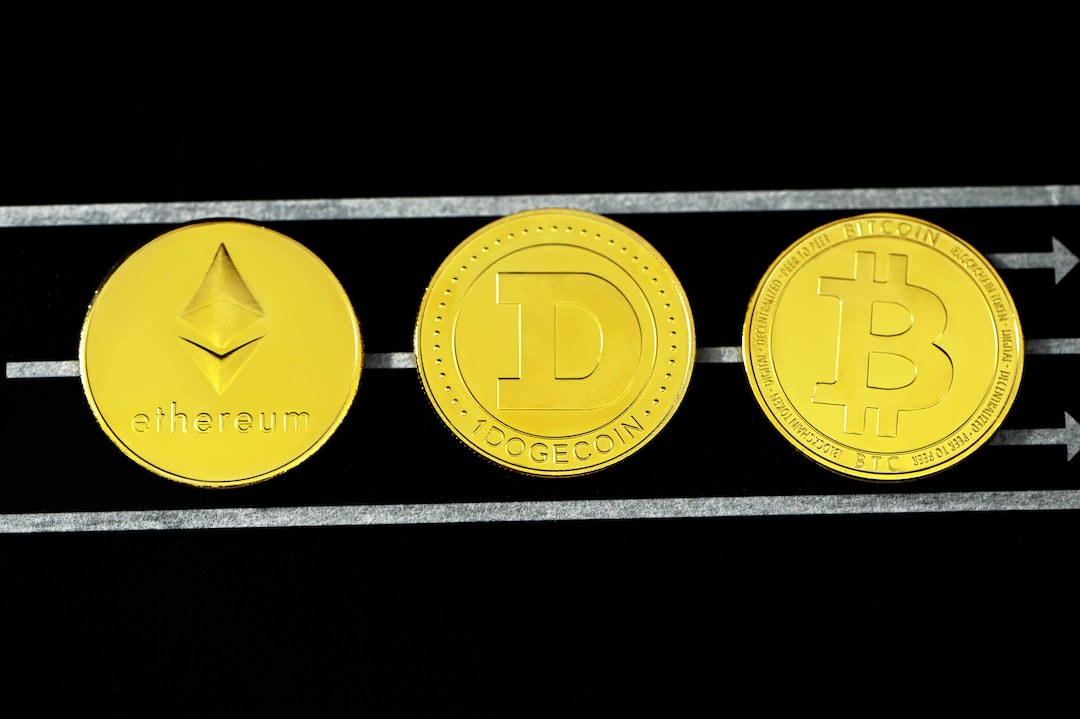Ripple v. SEC Case Update: Trial Dates Set for Second Quarter of 2024
Key stakeholders in the legal battle between the US Securities and Exchange Commission (SEC) and Ripple have communicated their trial availability to Judge Analisa Torres. The trial is expected to take place in the second quarter of 2024, with specific dates set for April and May. This sets the stage for a crucial showdown between the two parties.
Insights into the Background of the Case
Legal expert and Ripple advocate John E. Deaton provided interesting insights into the case’s background. He highlighted the SEC’s former executive Bill Hinman and the Howey Test, which is used to determine if a transaction qualifies as a security under federal securities law. Deaton revealed that the SEC’s enforcement lawyers shared an XRP Howey Memo on June 13, 2018, just a day before Hinman’s speech. This memo did not recommend any enforcement actions or halting XRP sales.
Ripple Executives’ Meeting with SEC Chair
Deaton further explained that Ripple CEO Brad Garlinghouse and CTO David Schwartz met with former SEC chair Jay Clayton after the Howey Test was applied to XRP. During the meeting, Garlinghouse mentioned that XRP lacked regulatory clarity compared to Bitcoin and Ethereum. However, neither Clayton nor Hinman informed them that XRP was considered a security.
Questioning the SEC’s Case
Deaton concluded that the XRP Howey Memo did not conclude that XRP is a security, raising questions about why the SEC filed the case as they were leaving the SEC. These revelations cast doubt on the SEC’s claims against Ripple and its executives.
Hot Take: Uncertain Future for XRP
As the legal battle continues, XRP’s value has experienced fluctuations. It was trading at $0.51, down 2.6% in the past 24 hours. The cryptocurrency has lost around 1% over the past week and more than 27% in the month. The outcome of the trial will have significant implications for the future of XRP.
Disclaimer: The information provided here should not be considered investment advice. Investing in cryptocurrencies carries risks, and your capital is at risk.





 By
By
 By
By
 By
By
 By
By

 By
By